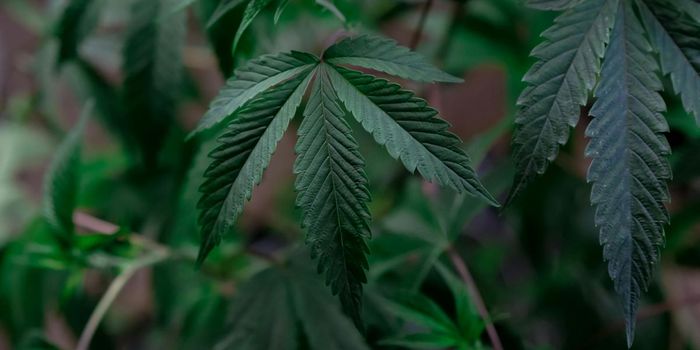New Guidance for Scheduling Your Mammogram and Covid-19 Booster
New guidance from public health agencies recommends that screening mammograms be scheduled and attended regardless of vaccination history and vaccination timing.
Previous guidance suggested that waiting 4 to 6 weeks after a Covid-19 vaccine or booster could reduce the chance of receiving a false positive result during a mammogram. This is because vaccinations can temporarily cause lymph nodes to swell as part of the immune system’s reaction. If a lymph node swells on the same side of your body that you receive a mammogram on, the person reading the mammogram could misinterpret the result.
Lymph nodes may swell after receiving a vaccination as part of a normal immune system response. The lymphatic system and the immune system are connected, and swollen lymph nodes can occur any time the body is mounting a response to an infection.
Brita Roy, MD, MPH, director of population health for Yale Medicine, explains that “the COVID-19 vaccination is given in the arm and the closest lymph nodes are the ones under your arm, so that is where the reaction is occurring. It’s completely normal. It’s your immune system reacting to the vaccine, as it should.”
Mammograms are one of the most important tools for identifying cancer and should not be delayed. The updated guidance reflects the fact that the risks of delaying screening mammograms outweigh the potential risk of a false positive result.
A mammogram is an X-ray image of the breast. Mammograms can detect early signs of breast cancer. In some instances, mammograms can detect breast cancer up to three years before symptoms are felt. Screening mammograms are typically performed every 2 years on women between the ages of 50 to 74 years of age. Routine mammograms can also begin earlier depending on an individual’s risk and recommendations from their doctor.
Dr. Todd Ellerin, director of infectious diseases at South Shore Health, adds that “if you’ve already scheduled your mammogram, we don’t want you canceling it. We don’t want this to be a missed opportunity. The mammogram is so important, just tell your provider [about the vaccine].”
Sources: Duke Health, Yale Health, Centers for Disease Control and Prevention

![Master Lab Weighing: Accuracy, Compliance & Audits [eBook]](https://d3bkbkx82g74b8.cloudfront.net/eyJidWNrZXQiOiJsYWJyb290cy1pbWFnZXMiLCJrZXkiOiJjb250ZW50X2FydGljbGVfcHJvZmlsZV9pbWFnZV85MWRmZmRjMDIwNDBlMWJjMzYwN2ZiYWY2ZjI4ZGMzYzBmZGMwZGMyXzkxOTcucG5nIiwiZWRpdHMiOnsidG9Gb3JtYXQiOiJqcGciLCJyZXNpemUiOnsid2lkdGgiOjcwMCwiaGVpZ2h0IjozNTAsImZpdCI6ImNvdmVyIiwicG9zaXRpb24iOiJjZW50ZXIiLCJiYWNrZ3JvdW5kIjoiI2ZmZiJ9LCJmbGF0dGVuIjp7ImJhY2tncm91bmQiOiIjZmZmIn19fQ==)






